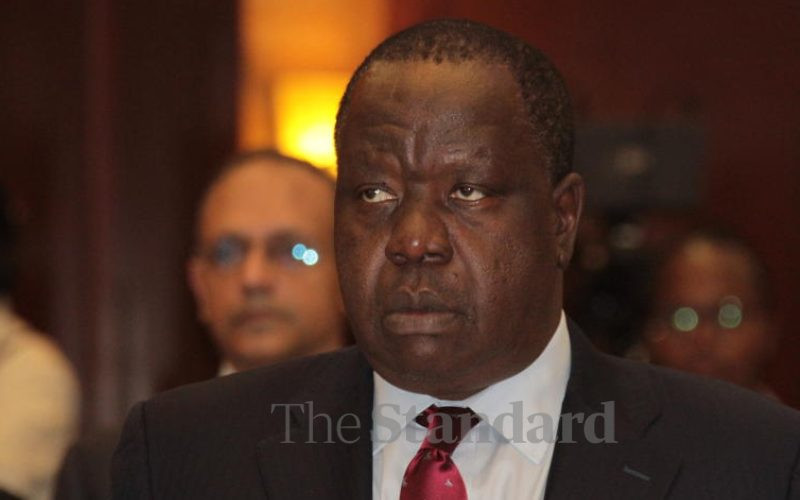×
The Standard e-Paper
Join Thousands Daily

The Constitution guarantees all Kenyans the right to live anywhere in the republic.
It also assures all Kenyans that they can own property and do business wherever and whenever they wish as long as they do not infringe on the rights of others. So why would Kenyans who have bought land, built businesses and established families in any part of Kenya other than their supposed native lands be threatened?